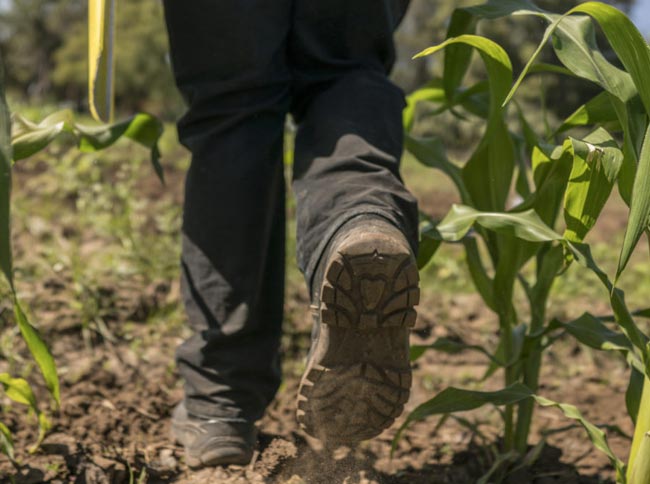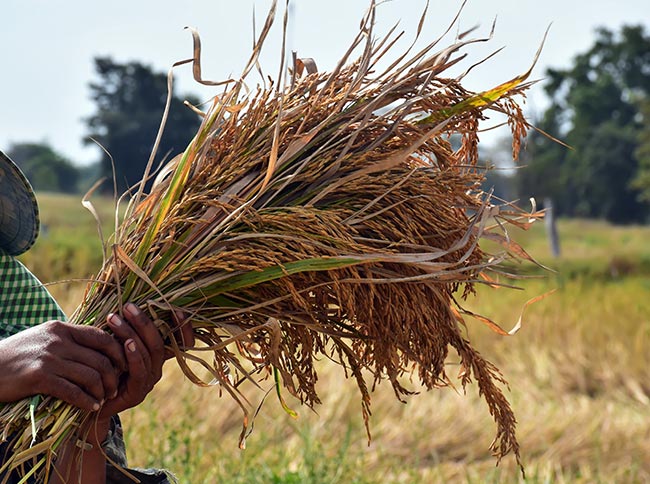One major concern of AGRA’s Markets Access program is ensuring value addition to farm produce through post-harvest services delivery because assessing such services is becoming a major challenge for smallholder farmers in many parts of Africa
. In 2013, we identified this need among members of a farmer cooperative at Sakebougou, a village in Segou Region of Mali, and intervened to help farmers in that area. This cooperative is a member of Faso Jigi – a union of cooperatives supported by AGRA to improve incomes of its farmer members by providing relevant services, including finding markets for their produce. Despite the fact that the union has been effective in the provision of these services, it has recorded a reduction in membership during 2012 due mainly to its inability to provide post-harvest services, especially threshing, which members needed most.
In 2013, we introduced new initiatives to strengthen the union, and trained 5,610 farmers in post-harvest handling and other services for members. These were small-scale farmers comprising 4,354 men and 1,256 women. We organized organizational capacity building sessions, introduced monitoring and evaluations services and trained members on its use, and also assisted in a study to identify efficient post-harvest management equipment to improve the work and quality of produce of union members.
Through our Guarantee Funding scheme, Faso Jigi acquired a new post-harvest handling technology, ‘Sadibou Ballo’, to improve the quality and value of grain harvested by its members. This is bringing back most members who, in the past, deserted their cooperatives for lack of needed services. Membership of Boi-Boi, a cooperative at Niono, for instance, has doubled as a result of this new service. Faso Jigi is currently in a good position to offer better services to its members.
Generally, this new initiative and training programs are reducing post-harvest losses, improving the quality and marketing of farm produce, and providing skills for members to assess the impact of the new technology and services on their own livelihoods.
During the period of political crises in the country, when all others were withdrawing their support, we stood firm and continued to provide support, particularly in the area of post-harvest management, and also in strengthening the organizational capacity of Faso jigi.
Other positive impacts are the dramatically improved quality of millet produced, reduced drudgery among women when preparing produce for sale and consumption, and increased incomes of farmers, particularly women. Faso Jigi has become a stronger and more focused union today to meet the needs of its members who are increasing in numbers.



